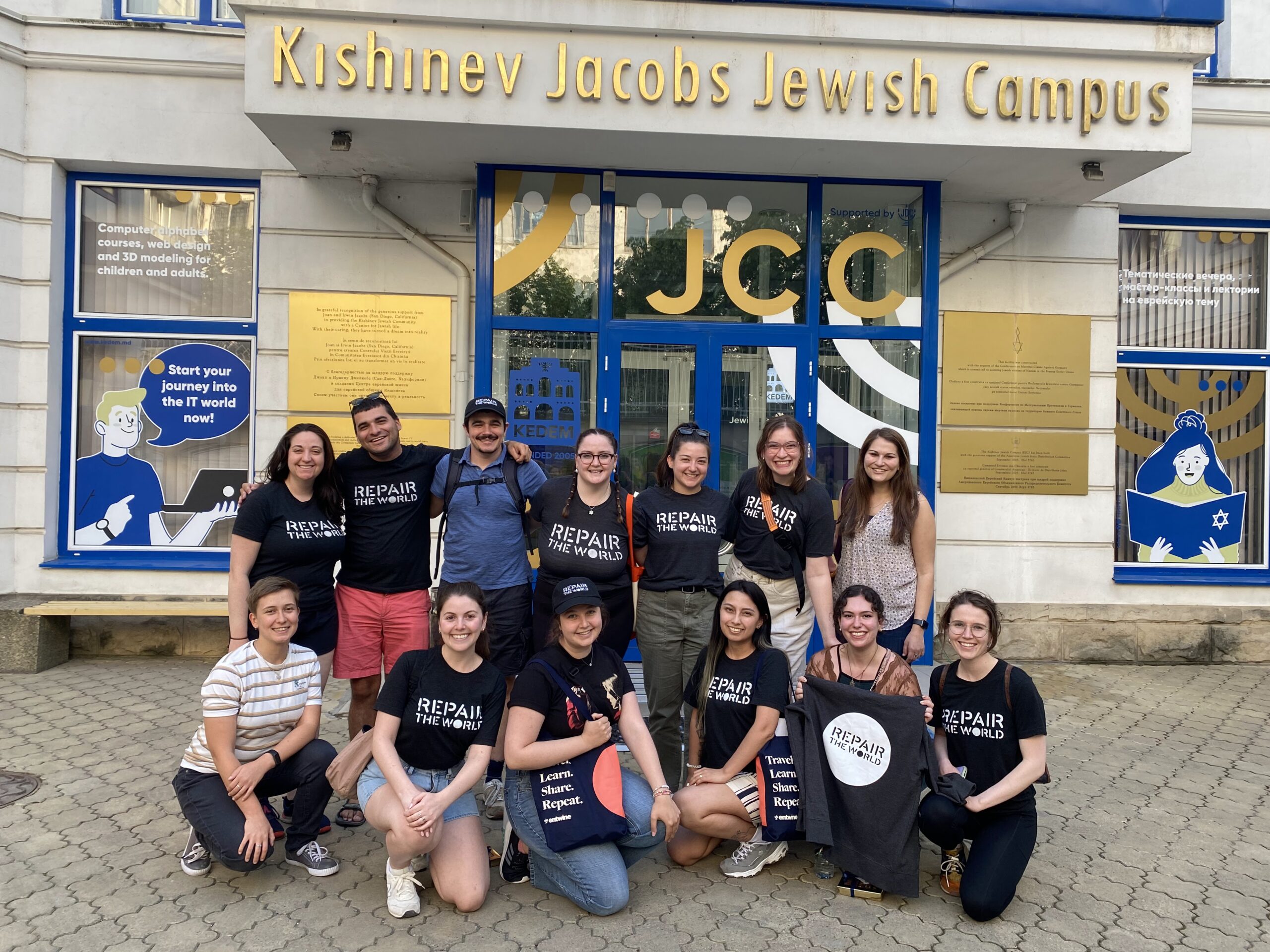Mental Health During Covid: Be of service and get a ‘helper’s high’
Social distancing is as bizarre a term as it is a phenomenon, and, unfortunately, it has barreled into our lives with a depressing velocity. Since the pandemic began, many of us (myself included) have lost loved ones, jobs, housing and, at times, a sense of purpose, because it is hard to operate within society when society is unavailable to you.
Not unrelated to this, no one is a stranger to mental health issues right now. A November 2020 report in the Hopkins Bloomberg Public Health magazine told us there has been as much as an 842 percent increase in text messages to local suicide hotlines, and a Kaiser Family Foundation report from February 2021 noted a 40 percent uptick in anxiety and depression in adults.
That illustrates how intense the stress of social isolation can be.
So many people have required services during this time of such need, but many are restrained from offering help. That is a shame, as acts of service are often what make people feel useful, and provide a sense of community.
It is impossible to think about service surrounding Covid-19 without addressing the importance of tikkun olam. Repairing the world is a central tenet of Jewish values, but Covid’s scourge has prohibited people from observing this commandment through in-person service work. At the same time, by staying inside and trying to help stop the spread, or by getting vaccinated, many are doing acts of tikkun olam, as these public safety measures are what make the world better. They just come as a conceptual challenge.
I know that for me, personally, having been in so many situations during the pandemic where I both wanted to give and receive aid, I struggled when I read articles about shelters closing and lines at food banks growing.
It made me worried, and compelled me to act, though I was often unable to do so because it could pose a public safety hazard.
It was for this reason that I felt lucky to be given an opportunity to give back to my community during this tough time.
Through the Service Corps — a program of Repair the World, in partnership with the Jewish Service Alliance — I was prescreened and able to partner with Hamilton Families, a nonprofit that for decades has provided resources to families in the Bay Area experiencing homelessness.
Having the opportunity to help create curriculum for some of the children in their care, and ensure that their electronics worked well enough for students to study remotely, not only returned me to the community that I love, but it also helped my state of mind. I was finally able to give of my time in a way that I believed to be meaningful, and connect with many individuals I admire and respect.
Psychology tells us that volunteers sometimes experience a “helper’s high” that leads to prolonged feeling of calm, reduced stress and a greater sense of self-worth.
To anyone who has the capacity to engage in this type of service: I encourage you to do so. There has never been a better (read: worse) time.
Zoe Stricker is receiving her MFA at Bennington College. She lives in San Francisco with her dog, Fizz. This article originally appeared in The Jewish News of Northern California on May 21st 2021.
